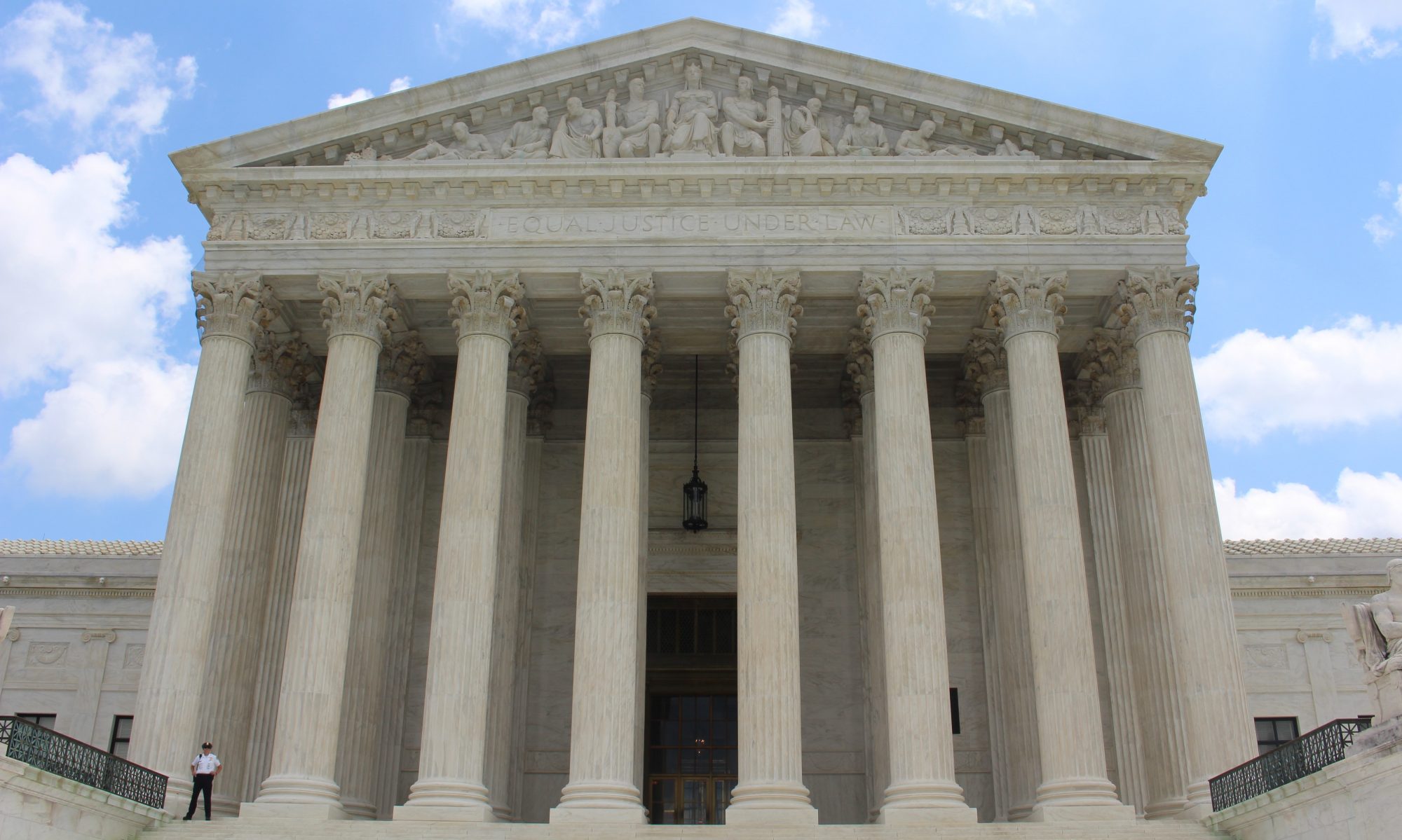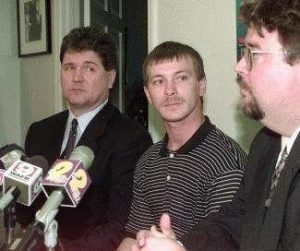“In the waning months of 2017, Americans endured an almost daily barrage of news reports describing sexual harassment by powerful men in entertainment, media, politics and law. While sexual harassment had been headline news before — most notably, during the 1991 Anita Hill-Clarence Thomas debacle — never had so many victims joined hands and come forward demanding change. The media spotlight presented a tremendous opportunity to reframe sexual harassment from an individual, personal and idiosyncratic instance of sexual desire to a common abuse of gender and economic power affecting millions of working women and men on a daily basis…”
Crain, Marion G. and Matheny, Kenneth, Sexual Harassment and Solidarity (March 26, 2018). George Washington Law Review, Forthcoming; Washington University in St. Louis Legal Studies Research Paper No. 18-03-04.
Read the Full-Text Article (PDF)



